

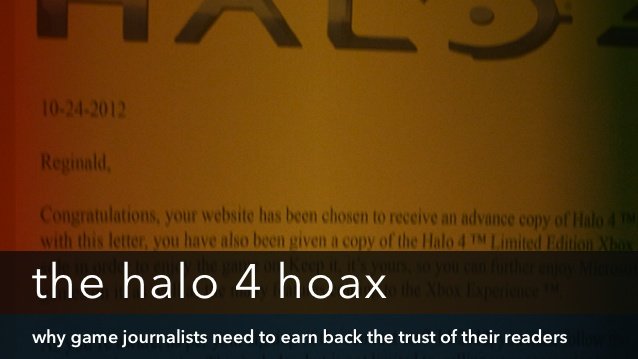
This absurd image [link] surfaced some hours ago, purporting what appears to be a letter from TriplePoint PR to a member of the gaming press—congratulating him for being chosen to review Halo 4.
Despite being debunked as a hoax—quite repeatedly, I might add—the aforementioned is still making the rounds. When it was posted on NeoGAF and Reddit, their readers were quick to point out the various flaws that would implicate it as a hoax, but some parts of the internet (read: Twitter) appear to be gullible enough to believe it quite possibly because they want to.
As an aside, I’d point out how it's the sort of cynicism that threatens to rot our community (that is to say, the larger gaming community) from within. And some people, like the authors of these particular Protocols of the Elders of Zion, are more than eager to inflame the wound.
I can't ever recall the last time anyone from PR sent me an e-mail congratulating me on receiving my review copy as if it was some kind of gift. Who ever heard of such a thing? There's also the issue of the PR company being completely wrong (TriplePoint doesn't handle Halo 4), the non-existent Terry Graves—whom I'm almost certain they chose as some poetic way of saying the gaming press would be "digging its own grave," as it were—and the use of Eastern Standard Time in a West Coast-based company. It doesn't help that the logo they used of Microsoft hasn't been in use for some months now, either.
I should also like to point out how—returning to the beginning—it congratulates the reviewer for 'being selected', yet later refers to a contract that was supposedly issued close to a month ago. Which of the two is the actual case? The author himself (I'd add the additional modifier or 'herself' but let's be honest—it was most likely a dude on 4chan) does not seem to know.
That this obvious forgery has managed to gain as much traction as it has points out the volatility of game journalism's reputation in the regards of gamers, and why we need to start doing more to win back their trust, assuming we ever had it in the first place.
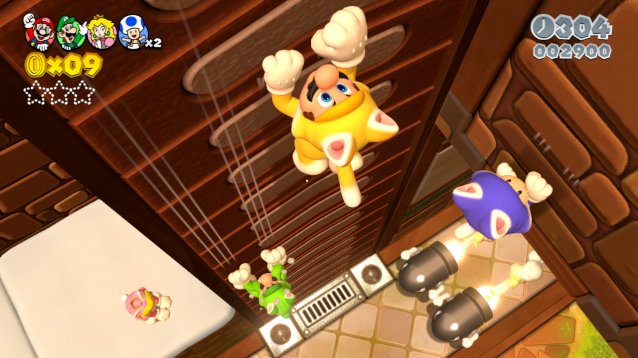
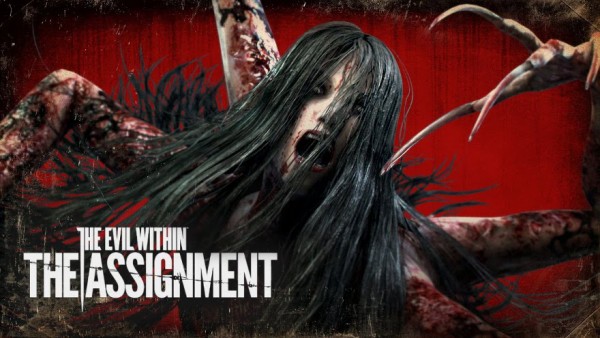


 Evolve Guide: How to Play the Assault Class
Evolve Guide: How to Play the Assault Class 8 Things the Mad Max Game Needs To Copy From The Movies
8 Things the Mad Max Game Needs To Copy From The Movies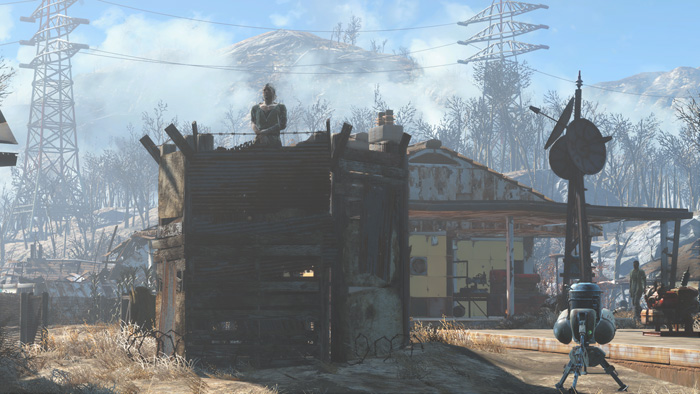 How to Attract More Settlers to Your Settlement in Fallout 4
How to Attract More Settlers to Your Settlement in Fallout 4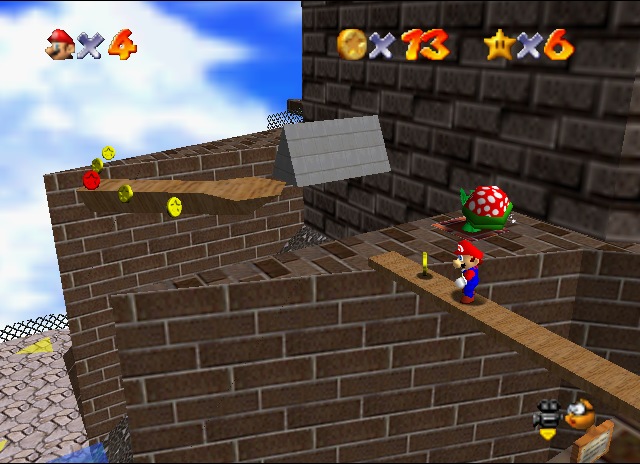 Need to Find a New Job? Play Some Video Games
Need to Find a New Job? Play Some Video Games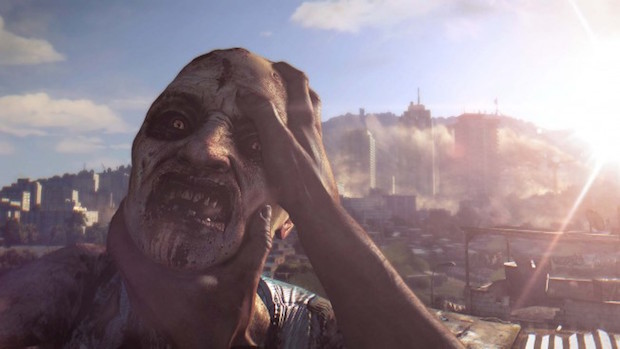 Dying Light Review (PS4)
Dying Light Review (PS4)